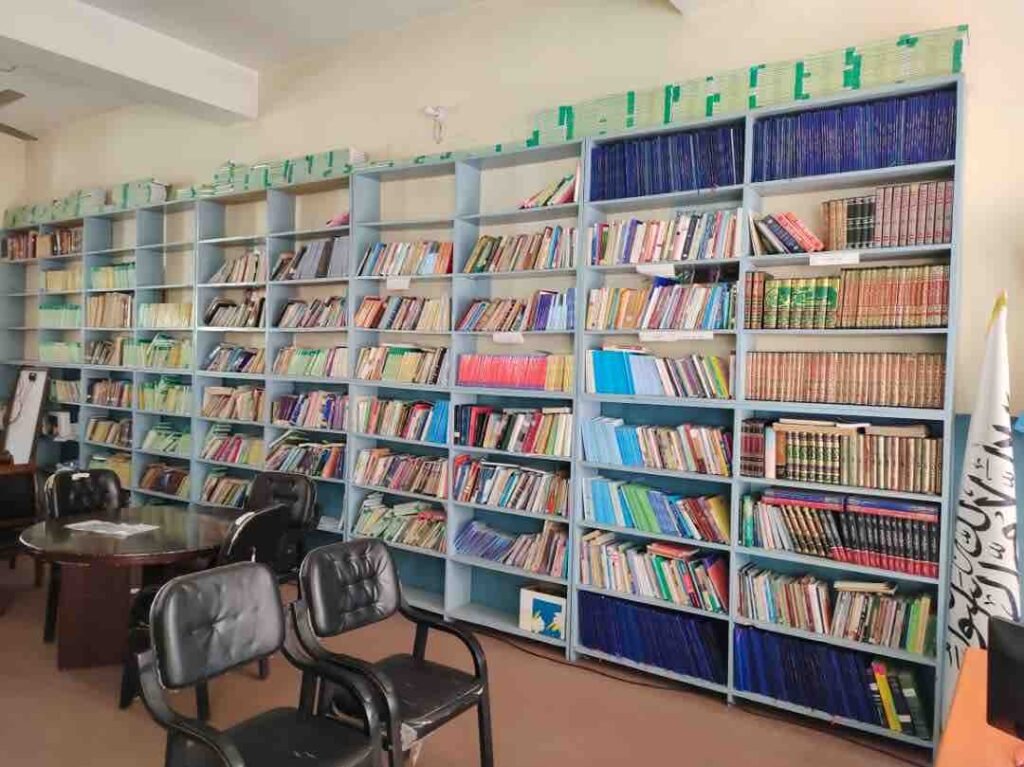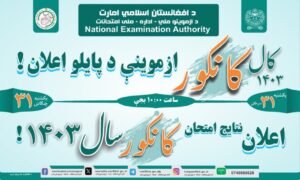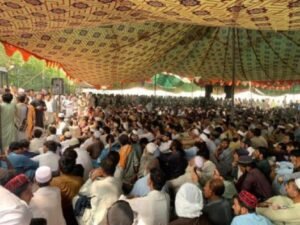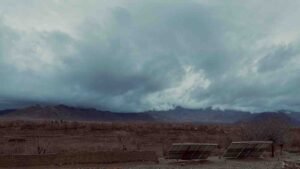Taliban Stranglehold on Religion: Islamic Books Taken Off Shelves

Photo @private for ADN
By Ilhamuddin Afghan
A wave of controversy and fear has swept through Afghanistan as the Taliban regime ordered private universities to purge their libraries of Islamic books not aligned with their predominantly followed Hanafi school of thought.
The Ministry of Higher Education issued the directive to private universities, mandating the removal of texts deemed incompatible with Hanafi Fiqh. These books are to be replaced with literature solely focused on the life of Prophet Muhammad. The universities are also required to submit comprehensive lists of discarded books to the Taliban authorities.
This directive, perceived as an attempt to enforce a singular religious ideology, has ignited fears of marginalization and suppression of religious minorities in the war-torn nation.
Analysts and scholars view this act with alarm, interpreting it as a deliberate attempt to silence dissenting religious voices and promote a narrow interpretation of Islam.
“The Taliban’s radical stance on Hanafi Fiqh while excluding others creates a dangerous path towards religious conflict,” said Muzahar Shah, a prominent Shia religious scholar.
The move particularly targets Afghanistan’s sizeable Shia community, including followers of Jafari and Ismaili schools of thought. Shias make up a significant portion of the population and have dedicated universities in Kabul, where books on Jafari Fiqh are essential for academic study.
The United States Department of State expressed grave concerns about the decree, highlighting the potential threat to religious freedom and the security of minorities under Taliban rule.
According to the report, minority groups are in danger of losing their religious freedom and are subject to threats to their lives during the second rule of the Taliban’s administration.” the State Department said in a statement.
The Taliban, however, vehemently denied any infringement on the rights or safety of religious minorities.
According to Pew Forum data from 2009, Sunni Muslims constitute approximately 80-85 percent of the population, and Shia Muslims make up approximately 7 percent, according to a 2021 Pew report.
Strong opposition
Nonetheless, strong opposition has emerged against this restriction based on a specific religious perspective.
A professor of Islamic theology at a private university, speaking on condition of anonymity, emphasized the importance of unrestricted religious study.
“Religion is taught at universities at the master’s and beyond levels. There are no restrictions on reading and studying religions. Banning Shia’s and other religious minorities’ books indicates narrow-mindedness and ignorance on the part of the Taliban.” he said.
“The Taliban will eventually provoke the sentiments of Afghans, particularly Afghan Shias, and pave the way for a sectarian conflict in the country.”
Analysts believe that the Taliban’s motive might stem from fear of potential criticism or dissent found in non-Hanafi texts. However, such suppression carries the risk of igniting public backlash.
While no armed response from Shia supporters has not been reported, the Islamic State of Khurasan Province (ISKP), known for its religious differences with the Taliban, has claimed responsibility for violent attacks against Shias in Afghanistan.
Since their return to power in 2021, the Taliban’s actions have consistently raised concerns about human rights violations in Afghanistan. These include the closure of schools and colleges for girls, dismissal of government officials, and disregard for international norms and principles. The Taliban’s disregard for accountability and established rules breeds uncertainty about the future trajectory of the country under their leadership.
Ilhamuddin Afghan is a university professor based in Afghanistan.
Note: The contents of the article are of sole responsibility of the author. Afghan Diaspora Network will not be responsible for any inaccurate or incorrect statement in the articles.






